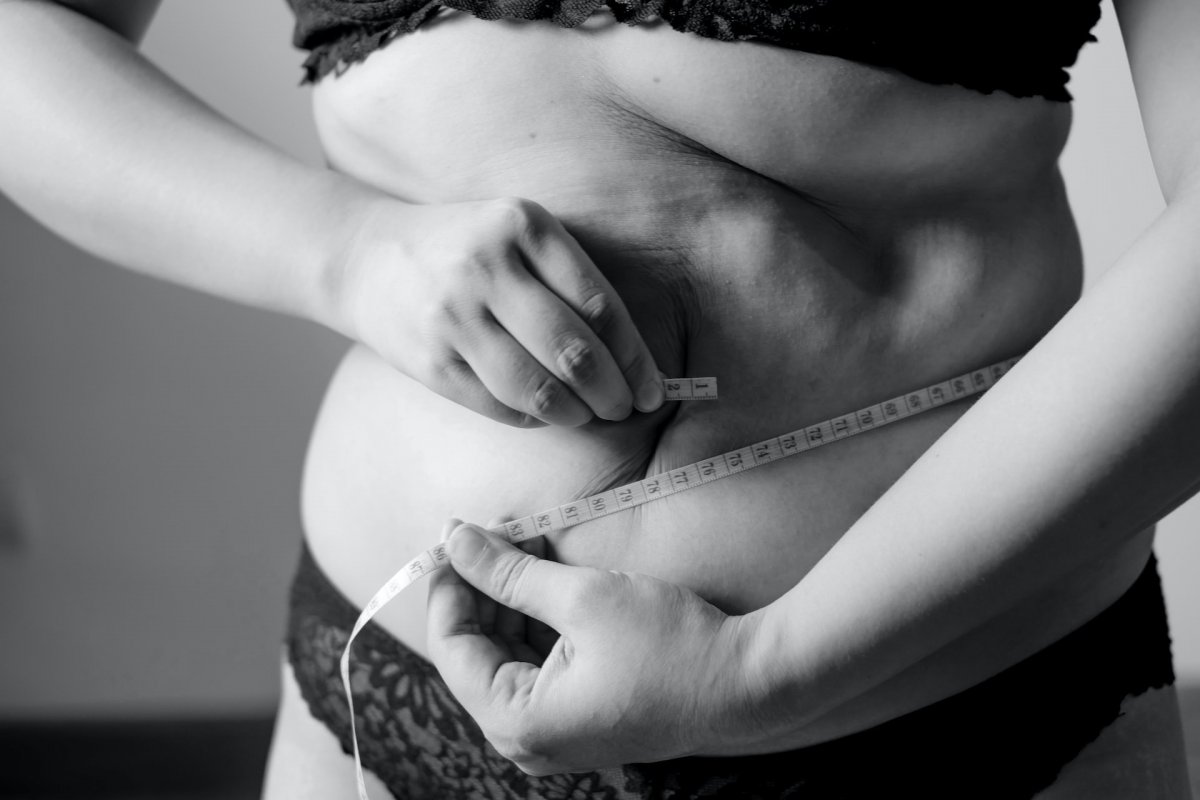
Non-alcoholic fatty liver disease (NAFLD) is one of the most common chronic liver diseases in the world. As the disease's name suggests, it occurs in people who do not abuse alcohol.
As noted in a study published in Express, NAFLD shares risk factors with caries and periodontitis, a severe gum infection that can lead to tooth loss.
Doctors have studied a possible link between NAFLD and several oral diseases in adults. It has been found that people with any untreated caries are more likely to develop NAFLD.
The study also notes a growing body of evidence that periodontitis may be involved in the progression of liver disease. Periodontitis is an infectious and inflammatory process in the area of the ligamentous apparatus of the tooth.
Thus, oral diseases that are usually treated by a dentist are not an obvious sign that a patient may have serious liver problems.
Other symptoms of NAFLD:
- Dull or aching pain in upper right abdomen
- Persistent fatigue
- Unexplained weight loss
- Weakness
According to the Cleveland Clinic, maintaining a healthy weight, diet, regular exercise, taking medication as prescribed, and limiting alcohol can help slow the progression of the disease.
Symptoms of liver obesity, which are distinguished by Russian experts:
- a feeling of heaviness, discomfort in the right hypochondrium;
- nausea;
- belching;
- bitter taste in the mouth;
- general weakness, fatigue, poor performance;
- weight gain.
The third stage of fatty liver is characterized by bouts of dull or sharp pain in the right hypochondrium, bitterness in the mouth, vomiting, yellowing of the skin and eyeballs.
Fatty Liver Disease: Does Your Mouth Smell Musty? This could be a sign
Read more: A few tell-tale signs of eye cancer
Important! Information provided for reference purposes. Ask a specialist about contraindications and side effects and under no circumstances self-medicate. At the first sign of illness, consult a doctor.
